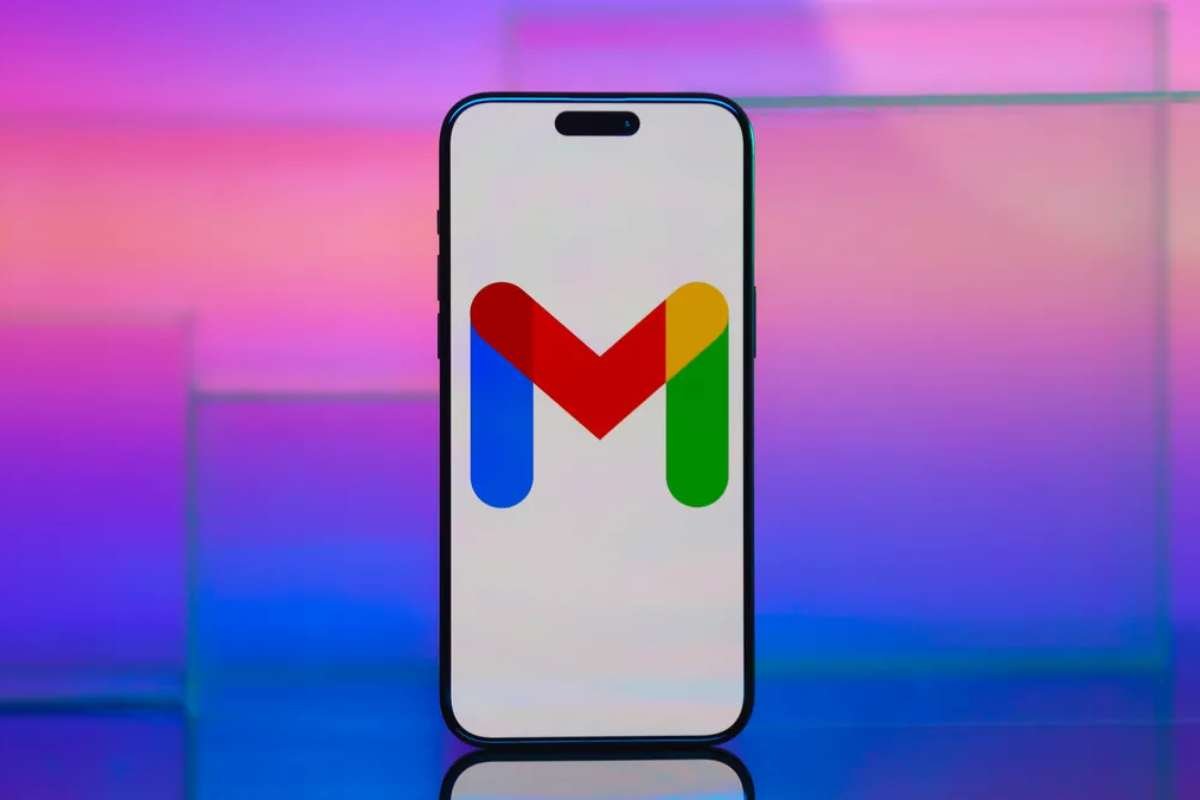Rise in AI-Based Phishing Tactics
Security experts are raising alarms over increasingly sophisticated phishing scams targeting Gmail users, particularly those within Google Workspace’s vast network of 3 billion users. These attacks leverage advanced AI technology to bypass detection and make fraudulent attempts appear more legitimate. Scammers are now using a combination of fake notifications from real Google addresses and convincing phone calls from AI-driven or human agents that seem to come from legitimate Google numbers. Additionally, many of the fraudulent links redirect to authentic-looking Google pages, further deceiving users into believing the scam’s authenticity.
Cybersecurity expert Sam Mitrovic publicly shared his personal encounter with such a phishing attempt in September, while Y Combinator CEO Garry Tan reported a similar attack. Both figures took to social media to warn others about the rise of these scams. These incidents are part of a broader trend identified by cybersecurity journalist Davey Winder, who recently highlighted them in a Forbes article. Winder also warned of scammers exploiting Google Forms as another tool to deceive users into providing sensitive information.
Google’s Efforts to Combat the Surge in Phishing
In response to the growing number of scams, Google has been actively working on providing resources and solutions for users to defend themselves. In a recent communication to CNET, a Google spokesperson pointed users to a blog post offering detailed advice on how to avoid email, phone, and web-browsing scams. To further bolster these efforts, Google is partnering with the Global Anti-Scam Alliance and DNS Research Federation to launch a Global Signal Exchange. This initiative aims to create a comprehensive database of scam attempts, including URLs, IP addresses, and reports of phishing activities. The Exchange is supported by major companies such as Amazon, Meta, Mastercard, and Trend Micro, and is expected to go live on January 1, 2025.
Protective Measures for Gmail Users
To stay protected, experts recommend Gmail users familiarize themselves with Google’s policies and available guidance on phishing, especially when dealing with suspicious activities. Google advises taking immediate action if users find themselves locked out of their accounts due to phishing. For individuals who are more vulnerable to targeted attacks, including politicians, journalists, and other high-profile users, Google suggests enrolling in its Advanced Protection Program. This program offers heightened security measures, such as the use of hardware security keys, which act as a secure login tool. Recently, Google introduced Passkey support, adding another layer of protection for users participating in this advanced security offering.
The rise in AI-driven scams serves as a reminder of the need for constant vigilance and user education in the fight against cybercrime. With the rapid development of these sophisticated attacks, security professionals urge Gmail users to remain cautious and informed.









